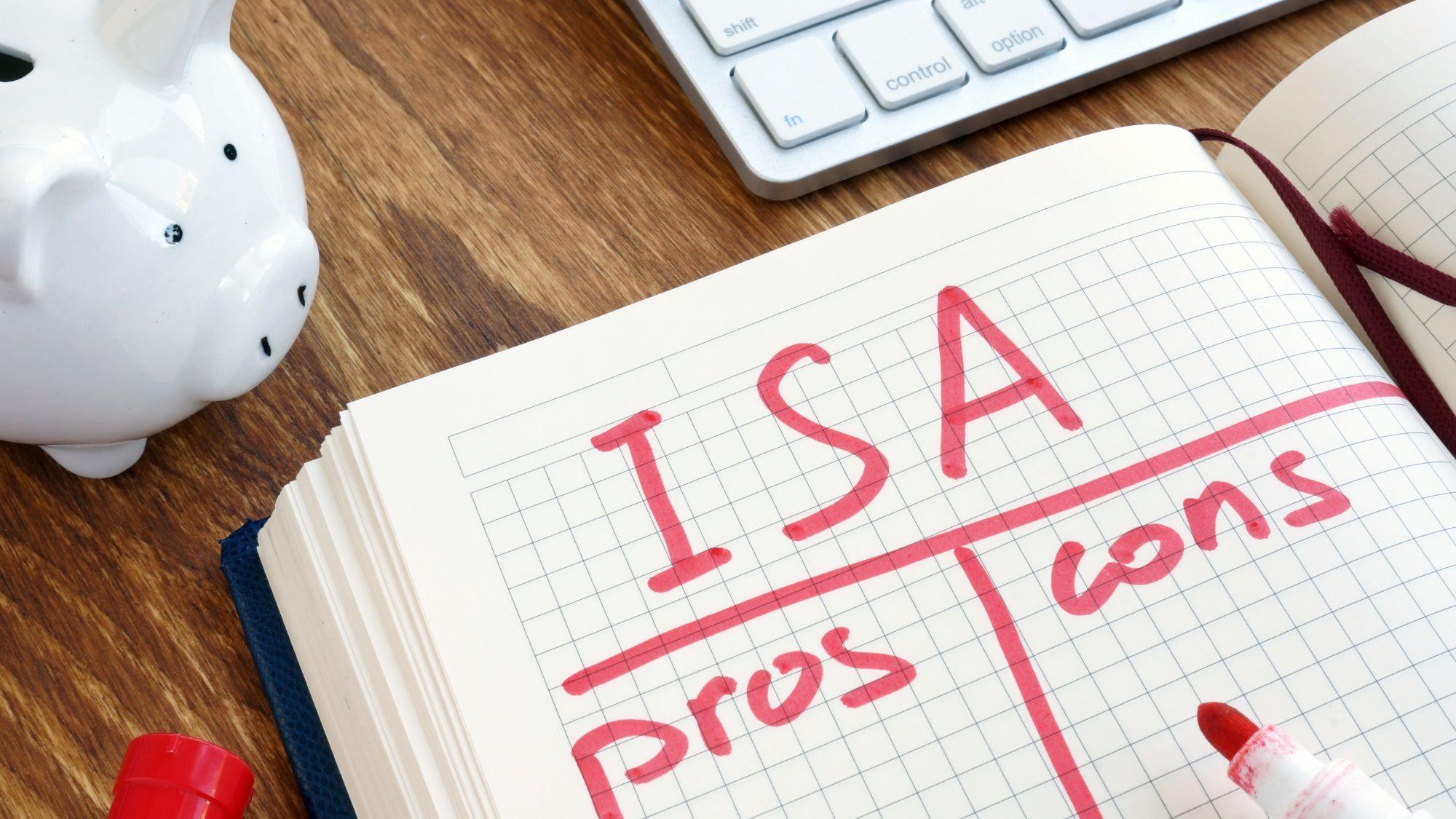Is it worth opening a cash ISA before the tax year ends?
ISA season is in full swing but you only have until the end of the tax year on 5 April to use or lose your allowance

A free daily email with the biggest news stories of the day – and the best features from TheWeek.com
You are now subscribed
Your newsletter sign-up was successful
Cash ISA rates are at their highest levels in decades but savers may need to act fast to grab the best deals before the end of the tax year.
The popular products are "flourishing", said Moneyfacts, thanks to interest rate rises by the Bank of England between December 2021 and August 2023, which have been passed on by savings providers.
Savers can now access "improved rates" compared with a year ago, with the best easy-access cash ISAs paying above 5%, according to the comparison website.
The Week
Escape your echo chamber. Get the facts behind the news, plus analysis from multiple perspectives.

Sign up for The Week's Free Newsletters
From our morning news briefing to a weekly Good News Newsletter, get the best of The Week delivered directly to your inbox.
From our morning news briefing to a weekly Good News Newsletter, get the best of The Week delivered directly to your inbox.
However, rates are also "beginning to cool", said Which?, as the base rate has been frozen since November.
So many savers will want to act fast before the best rates are pulled, and ahead of the end of the tax year in April.
What is a cash ISA?
Adults in the UK have an annual allowance worth up to £20,000 that can be saved in an ISA account tax-free.
Savers can put the money in either a cash ISA to earn a fixed rate of return or invest through a stocks and shares ISA – or both.
A free daily email with the biggest news stories of the day – and the best features from TheWeek.com
Similar to savings accounts, cash ISAs come in different types such as easy-access, "where you withdraw whenever you want", said MoneySavingExpert, or a fixed rate, where you have to "lock cash in for a set time".
It is money that you will "never pay tax on" but the allowance only lasts each year, so you have to "use it or lose it".
Savers can also put up to £4,000 of their allowance into a lifetime ISA, which is designed specifically for the purpose of putting money towards a first home or saving for retirement.
How much can you earn in a cash ISA?
The top easy-access cash ISA as of mid-February is on offer from Moneybox at 5.09%, while Coventry Building Society and Zopa offer rates at 5.08%.
Savers can earn 5.25% from Virgin Money for a one-year fixed rate, 4.75% with Zopa for two years and 4.3% with Castle Trust for three years. But if you want your money before the end of the term in a fixed deal then you are "likely to be penalised", said MoneyWeek, which usually means a reduction in the rate of interest.
The benefits and drawbacks of a cash ISA
A cash ISA gives you tax-free returns on your savings, said Unbiased, plus there is "no risk that the value will go down". There are also "fewer extra charges" compared with using an investment platform for a stocks and shares ISA.
However, high introductory rates can "fall quickly", the financial website added, giving you "less financial gain" than you may have hoped for, and locking away your money for a long time "could become inconvenient" if you suddenly need it.
Additionally, while you "won't technically lose money" in a cash ISA, said The Times Money Mentor, high inflation means you will be able to buy less with those savings as time goes on depending on the rate.
Many savers can already benefit from the personal savings allowance (PSA) – letting basic rate taxpayers earn up to £1,000 tax-free per year, dropping to £500 for higher earners.
At one point, savers needed around £250,000 in a top easy-access account to hit this limit, added MoneySavingExpert, but "now rates have risen", basic rate taxpayers only need around £20,000 and higher-rate around £10,000. It may be worth opting for a standard savings account "if you don't have this much", the financial website said.
Be warned that the PSA could be withdrawn or cut in the future, said Laith Khalaf, head of investment analysis at AJ Bell, in The Observer, so a cash ISA "shouldn't be sniffed at".
You still may not get the best returns from a cash ISA, though. Investing in stocks and shares "is the long-term winner when it comes to returns", Myron Jobson, from Interactive Investor, told the paper, while cash savings are "better for the short term – less than five years".
Marc Shoffman is an NCTJ-qualified award-winning freelance journalist, specialising in business, property and personal finance. He has a BA in multimedia journalism from Bournemouth University and a master’s in financial journalism from City University, London. His career began at FT Business trade publication Financial Adviser, during the 2008 banking crash. In 2013, he moved to MailOnline’s personal finance section This is Money, where he covered topics ranging from mortgages and pensions to investments and even a bit of Bitcoin. Since going freelance in 2016, his work has appeared in MoneyWeek, The Times, The Mail on Sunday and on the i news site.